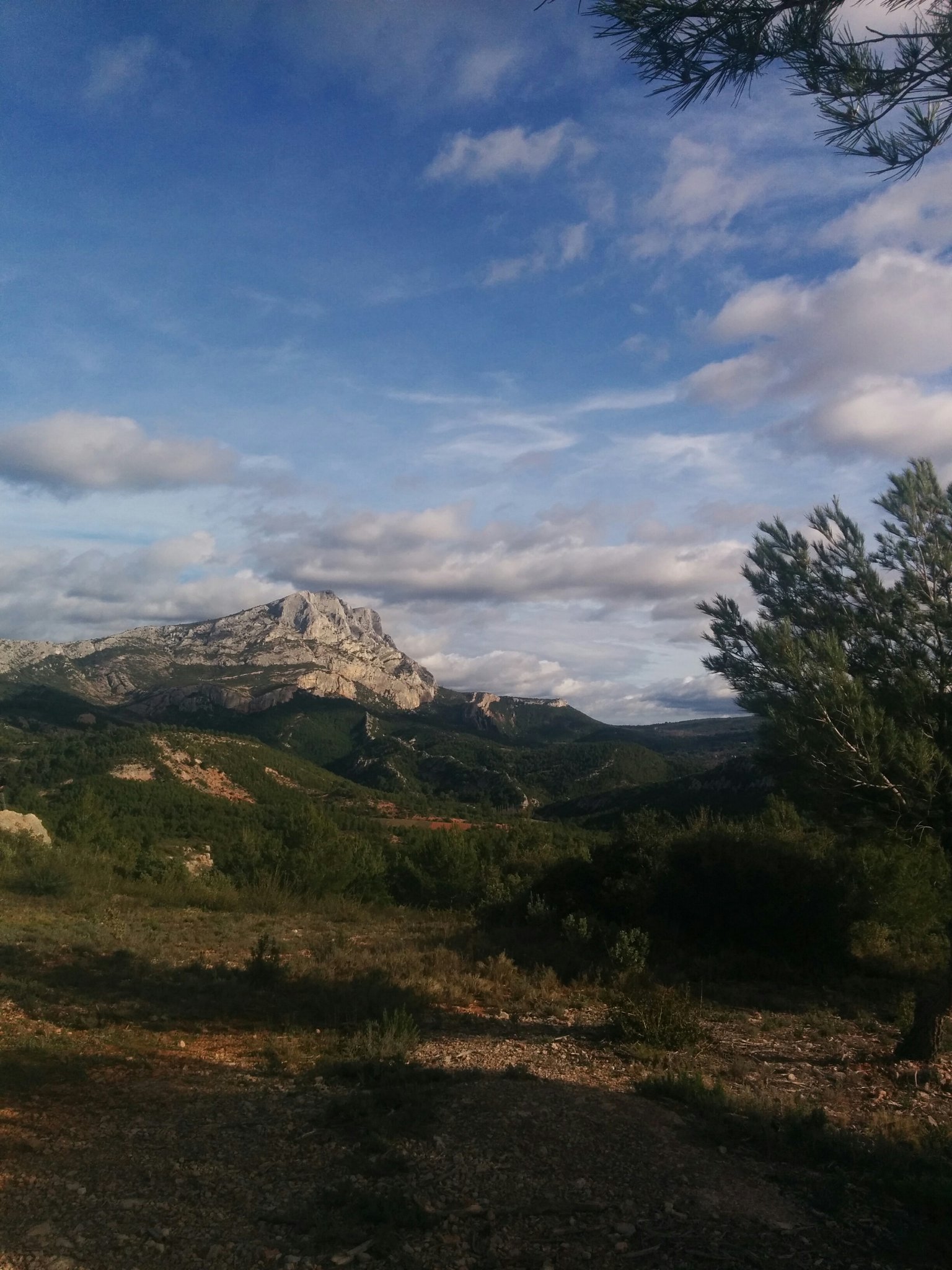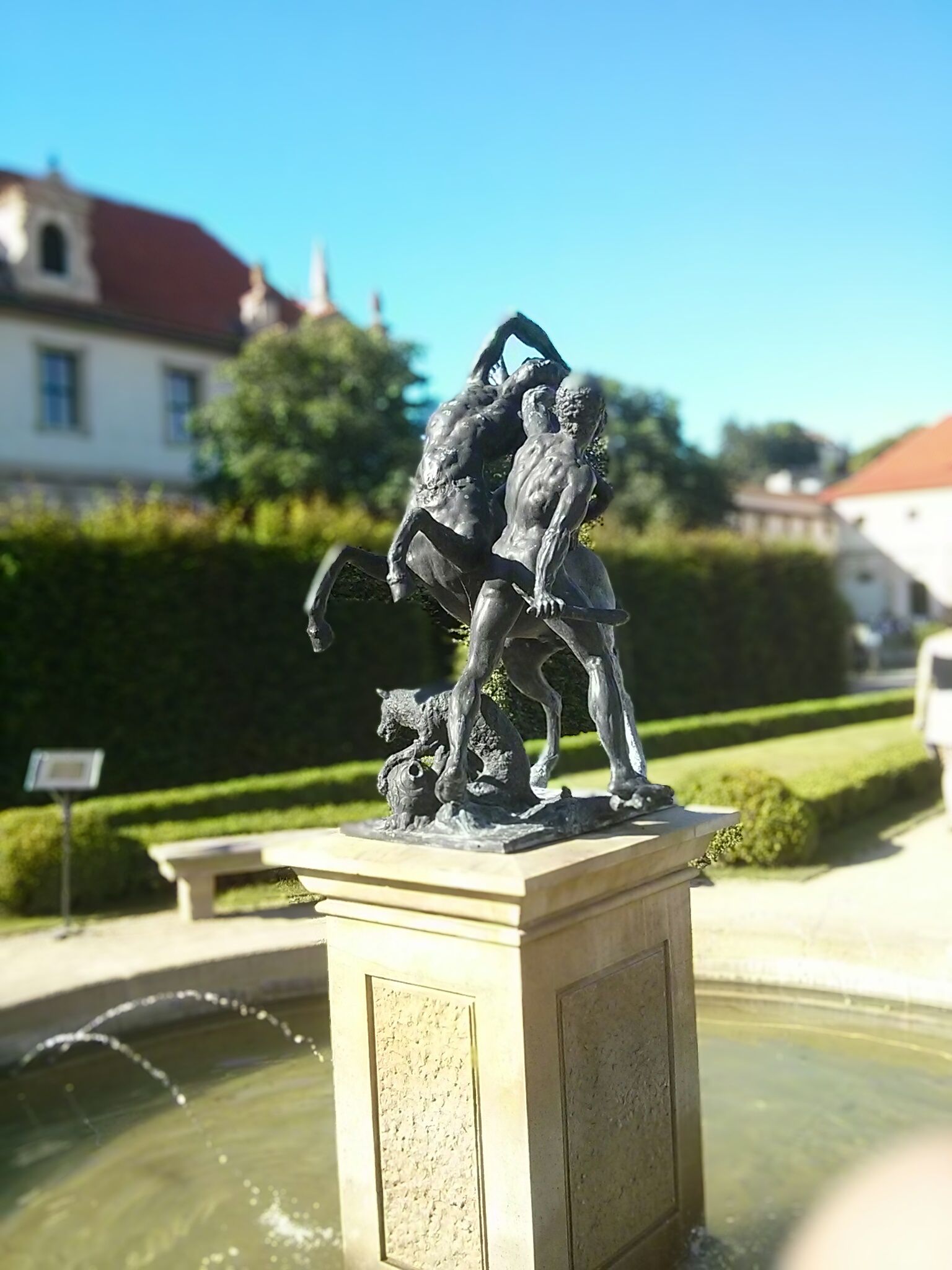Byron And P(h)antisocracy
Planted September 26, 2023
Pruned October 5, 2023
Byron's Don Juan satirizes fluently and abundantly, often through the art of reversal. The titular Don Juan is no longer seducer, but seducee; Wordsworth the unhired elitist "season[s]" his poems "with democracy." The poem was celebrated as a liberal masterpiece in its time, and it was reviled. It caused offense in its time, and it still does. Richard Cronin astutely sees it as a poem that "claims the right to give and to take offence, but it is also a poem … that extends that same right to its readers."
One curious facet of this poem, previously unknown to me, was Byron's potential use of the word "Phantisocracy." I say "potential" because there are versions in print with "Phantisocracy" in the relevant canto, while others have "Pantisocracy." If true, this seems like a case of Eleanor Rigby Syndrome might have befallen me in naming my website: An enigmatic name on a Liverpool gravestone enters McCartney's childhood consciousness only to reappear in a baroque pop poem in 1966. Phantisocracy, as a term of art, is somewhat of an intercalative blend, some sort of backformation from a neologism; and while reinventing the term repeatedly may not be difficult, the entire Pantisocratic scheme is somewhat obscure. Nevertheless, perhaps I heard it somewhere.
Pantisocracy refers to a utopian idea of establishing a society in North America free from some of the political and social strictures of England. It was a project envisioned by Robert Southey, Samuel Taylor Coleridge, Robert Lovell, and some of the Fricker sisters in the mid-1790s. The project never full materialized for reasons humorously detailed in Richard Holmes's Coleridge: Early Visions. The vision for an egalitarian community failed for many of the expected reasons (lack of agreement on particulars, funds), but also a clash between the fastidious Southey and the more dissolute, profligate, and unfocused Coleridge.
In Section XCIII of Don Juan Byron writes
All are not moralists, like Southey, when
He prated to the world of “P[h]antisocracy;”
Or Wordsworth, unexcised, unhired, who then
Season’d his pedlar poems with democracy;
Or Coleridge, long before his flighty pen
Lent to the Morning Post its aristocracy;
When he and Southey, following the same path,
Espoused two partners (milliners, of Bath).I won't go chasing allusions here, but it is worth noting that Byron potentially uses the word Phantisocracy in this section. Some editions, like the 1849 edition published by John Murray of Albemarle Street of London, prints "Pantisocracy." Others — perhaps later editions, such as The Poetical Works of Lord Byron, edited by Mathilde Blind and published in 1886 in London — include the term "Phantisocracy." Obviously the invention and inclusion of Phantisocracy make sense here: Byron is lightly demeaning the moralizing habits of Southey and offering the idea that utopian schemes devised by prating idealists inevitably remain in the world of fantasy. It remains unclear if the variants are due to Byron or publishers of his works.
More textual digging is in order, but I think it's comforting in the very least that Byron also saw potential in the word. My intended use of the word for my website lies more in valuing fantasy or phantasy, with the knowing eye that too much idealism can result in not much ever getting off the ground.


